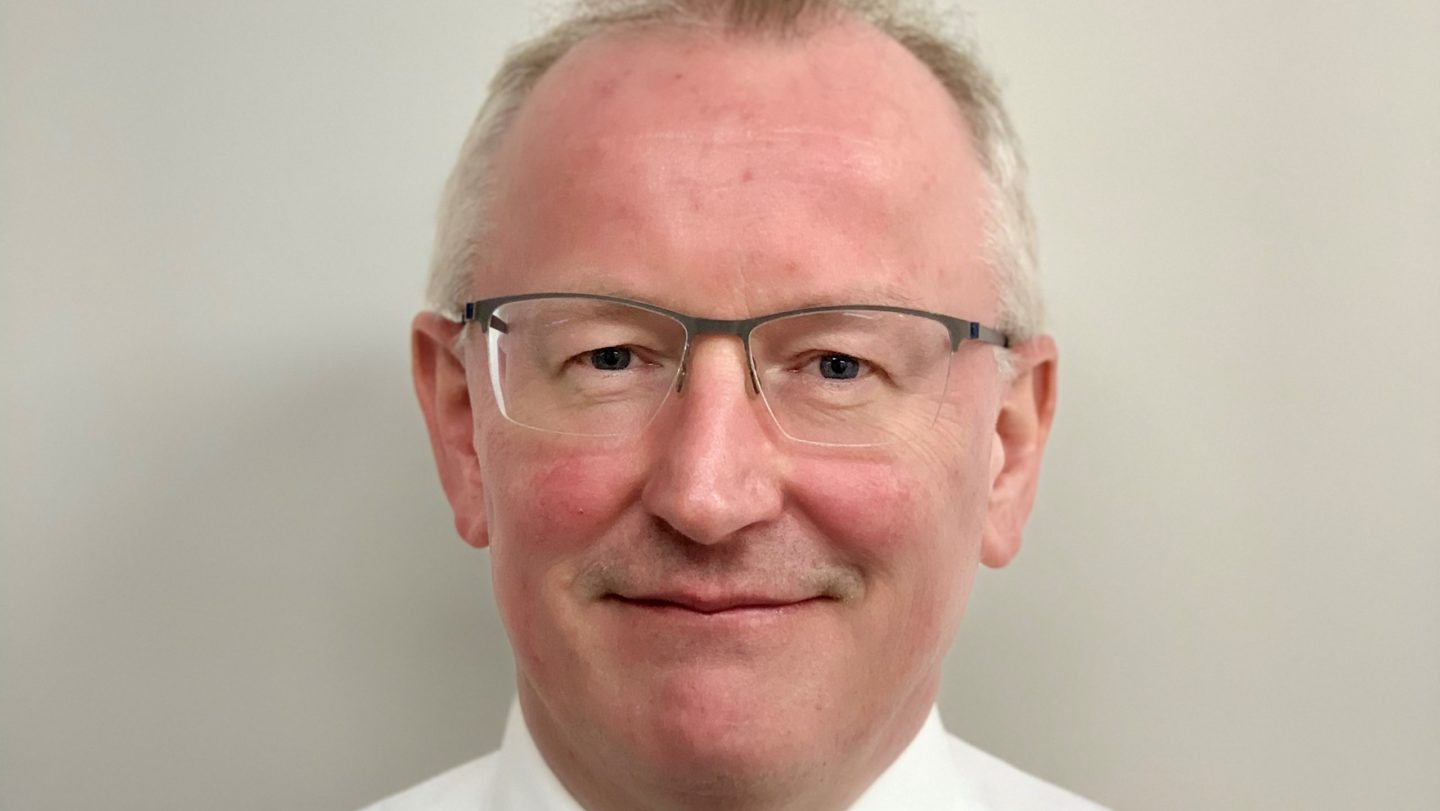If you happen to be reading any economic textbooks right now, you would be forgiven for thinking the world portrayed in them does not exist. Global governments have rightly kickstarted a spending spree in a bid to counter the market turmoil being caused by the unpredictable coronavirus outbreak.
Earlier this month, just days after investors had sent 10-year US Treasury yields below 1% for the first time ever, yields plummeted to new depths and global stockmarkets suffered their biggest falls since the 2008/09 financial crisis.
The US Federal Reserve’s 50 basis point interest rate cut at the start of the month was intended to restore investors’ confidence, but it proved entirely ineffective, leading to a further rate cut to near-zero. If that was not enough, the dramatic 30% one-day fall in oil prices meant it became virtually indisputable that fear had now engulfed markets.
While the fossil fuel price fall was exacerbated by the Saudi Arabian-Russian price war, which was aimed at propping up demand, it was clear a far more innovative response was needed to steer the global economy through this health epidemic and government spending is the key.
Blank cheque
Many investors may be focused principally on navigating the immediate supply-and-demand shock delivered to the global economy by Covid-19, but the virus has provoked governments around the world to fill the void.
Inflation has remained stubbornly low since the financial crisis in 2008/09 in spite of interest rates being dropped to unprecedented lows by nations around the world. It is therefore increasingly obvious that the monetary policy lever has become less effective the more it is used. Sweden’s central bank – the oldest in the world – ended its experiment with negative rates at the end of 2019, for example, while Japan has also reneged on its stance of negative yields.
These moves – alongside the US central bank’s acknowledgement of monetary policy’s limitations in promoting economic growth – mean governments around the world are right to use coronavirus as their excuse to crank up spending aggressively.
Build, build, build
Such a strategy could unlock the potential for inflation, creating a shift in investment markets that could temper the bull run in bonds and provide support for equities.
Early signs of government spending are already emerging, with countries including Australia and Indonesia pledging coronavirus-related stimulus packages, and rising rhetoric in the US about the need for spending alongside interest rate strategies.
There, president Donald Trump has said his administration is investigating the possibility of payroll tax cuts to mitigate the economic impact of the virus on workers on top of his targeted measures to insulate tourism and hospitality sectors from the fallout.
Plans for a full-blown US economic stimulus package in the form of the Families First Coronavirus Response Act will soon pass and, with the presidential election just months away, Trump will not want his prospects dented by a weak economy and falling stockmarkets.
In the UK, meanwhile, pressure from northern MPs is mounting on the Government to rewrite spending rules that would help rebalance the economy and make the dream of the Northern Powerhouse a reality.
Such projects could also help increase productivity, which has been lacklustre throughout much of the global economy since the financial crisis – indeed, this is what last week’s Budget was an attempt to do. Whether the measures announced were more than rhetoric and will actually work, however, remains to be seen.
Consider next steps
The newsflow surrounding coronavirus is travelling at breakneck speed and it can be difficult for investors to resist making knee-jerk reactions.
Previous outbreaks, such as SARS, have been successfully curtailed and there is every likelihood the global community will pull together to tackle coronavirus. Without knowing when this will happen, though, investors need to be alert to events that could rekindle the appetite for risk assets before the recovery from coronavirus is priced into markets.
If further interest cuts fail to provoke inflation, this could be the point where governments begin to make noises about even bolder spending pledges. In this scenario, even if markets remain gripped by fear, long-term investors should consider rebalancing their portfolios to ride the recovery.
Last week’s UK budget might leave those reading political textbooks also thinking such a world does not exist but, when in desperate times, we reach for desperate measures.
Mark Harris is head of multi-asset at Garraway Capital Management










